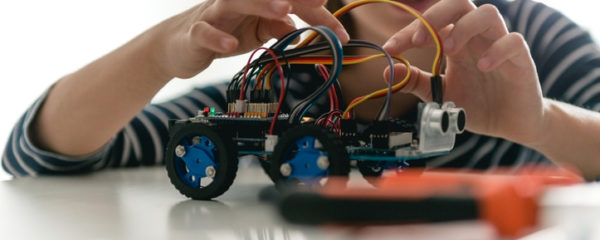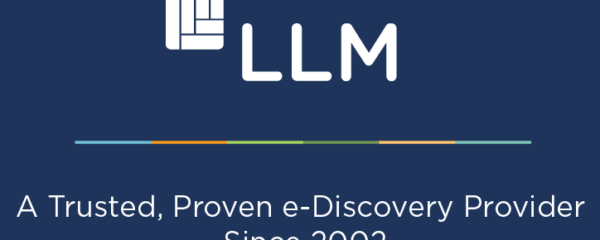We are gathered here today to witness the union of Billy Bot and LISA (Legal Intelligence Support Assistant) in the latest in legal collaboration.
In an in-depth Forbes report, contributor Mark A. Cohen introduces the collaborative couple to the legal world. The possibly perfect union represents new AI solutions to legal service delivery as well as making legal services more cost-effective to consumers.
But first, more on the AI couple:
“Billy Bot (‘Billy’) is a chatbot with rules-based automated and assisted intelligence. Billy is a virtual assistant who ‘chats’ with individuals and then, depending upon the needs, directs them to solicitors, barristers or tools like LISA that provide self-help assistance for non-reserved activities.”
“LISA is a hybrid human and machine system, knowledge engineered with legal reasoning, insight and commercial judgment built in. LISA’s AI tools are powered by Neota Logic’s AI platform technology, developed with decades of human legal knowledge and experience.”
While their initial focus will be the retail market, they will also potentially have a great effect on the corporate market. Cohen sees corporations potentially using them as a benefit to employees and/or customers and clients.
“The LISA/Billy tandem could also be added to corporate counsel’s tool kit, enabling them to do ‘more with less’ and to provide ‘faster, better, cheaper’ solutions to certain functions in the legal delivery process.”
Cohen reminds us that artificial intelligence is already an available resource that GCs who are looking for solutions to doing more with less. He also acknowledges the legal industry’s “curious ambivalence about technology.” While most counsel all are for incorporating technology into their personal lives, they are more hesitant around its application professionally. Says Cohen:
“There’s a sense — especially among lawyers in the mid-and late stages of their career — that technology poses an existential threat to the profession that will compromise their earnings, forever change what it means to be a lawyer, and make them redundant.”
But he also reminds counsel that it’s consumers, not lawyers, that will increasingly decide collaborative pairings like Billy and LISA. He advises that current law students need proper training for this new environment and that current professionals would also benefit from learning the new skills needed for human-machine collaboration.
As Cohen states, Billy and LISA (and AI like them) are here to stay in the legal industry.






